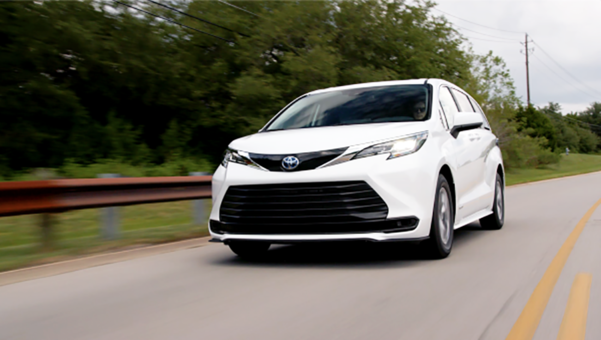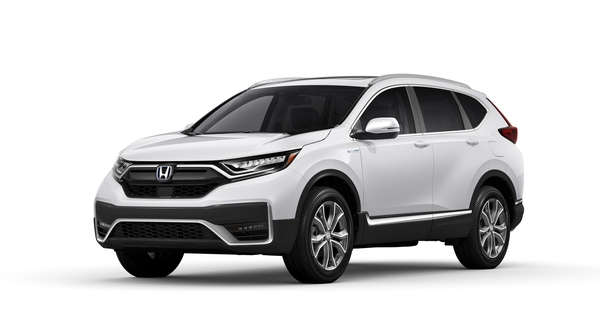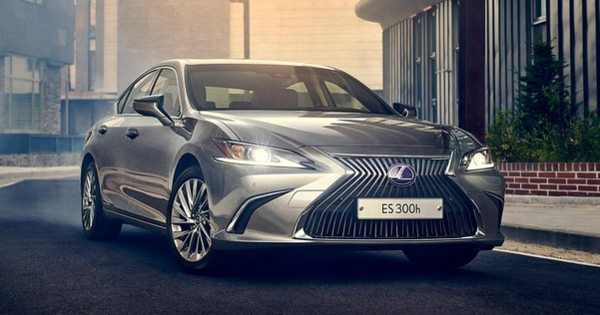Enter 2021.01.30 08:00
Japanese car makers whose sales were cut in half in the aftermath of the boycott last year are seeking a rebound by releasing new cars this year. Toyota and Honda are bringing models that have never been released in Korea to the domestic market this year. However, in the industry, the price and design competitiveness of Japanese cars have been lower than those of domestic and other foreign cars, so it is predicted that it will be difficult to achieve the past sales volume only by launching new cars.
According to the Korea Imported Vehicles Association (KAIDA) on the 30th, last year’s Japanese car sales were 2,600 units, down 43.9% from the previous year (36,700 units). The total sales of imported cars increased by 12.3% from 24,800 units in 2019 to 275,4900 units in 2020, while sales of Japanese cars decreased by nearly half.
–
–
Other Japanese car makers plan to restore sales by releasing new cars this year. In particular, Japanese car makers are expecting to be able to rise to popularity of eco-friendly cars in recent years as their vehicle lineup is mainly hybrid.
It is also releasing a car that is first introduced in Korea. The Toyota minivan Sienna Hybrid and Honda Sports Utility Vehicle (SUV) CR-V Hydride. In the case of Siena, Kia Carnival is regarded as a domestic rival model. Carnival does not yet have a hybrid model, so consumers who prefer large cars but consider fuel economy will prefer Siena. Lexus is also planning to release an LS partial change model this year.
–

–
priority Hyundai Motor (005380)·Kia is expanding its hybrid product line. With the successive release of Granger, Tucson, and Sorento hybrids, the sales volume of domestic hybrid vehicles broke a record high last year. Domestic hybrid cars were sold 127996 units, an increase of 68.5% compared to 2019 (76,966 units). With the diversification of consumers’ options, there is no reason to buy Japanese cars.
–

–
An industry insider said, “The advantages of existing Japanese cars such as durability and quietness remain the same, but there is a sense of being late to the rapidly changing trend, and the competition in the electric and hydrogen car sectors is also somewhat pushed.” Said.
–
– .


